How To Wash Rice Before Cooking
6 Foods to Never Wash Before Cooking
If you think you're getting rid of bacteria by washing these food items, think again.
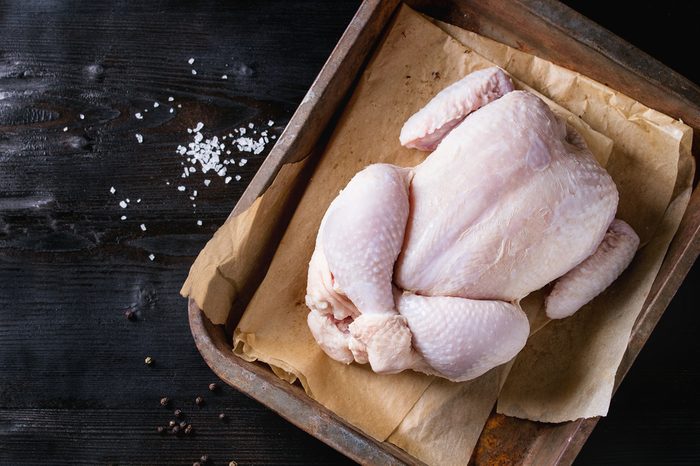 Natasha Breen/Shutterstock
Natasha Breen/Shutterstock
Poultry and fish
Do you usually wash your chicken in the sink before cooking it? If so, it might be time to quit this habit. Not only does it not eliminate any bacteria or pathogens off of your food, it can actually increase your risk of contamination. "By washing raw chicken in the sink, you are likely to spread the bacteria all over your kitchen, including clean surfaces like countertops, through splashing and dripping," says Eric Sieden, director of nutrition and food services for Glen Cove, Plainview, and Syosset Hospitals in New York. The only truly effective way to get rid of bacteria is to cook it, and the rule always extends to raw fish and other meats, too. Read more about why you should never wash your chicken.
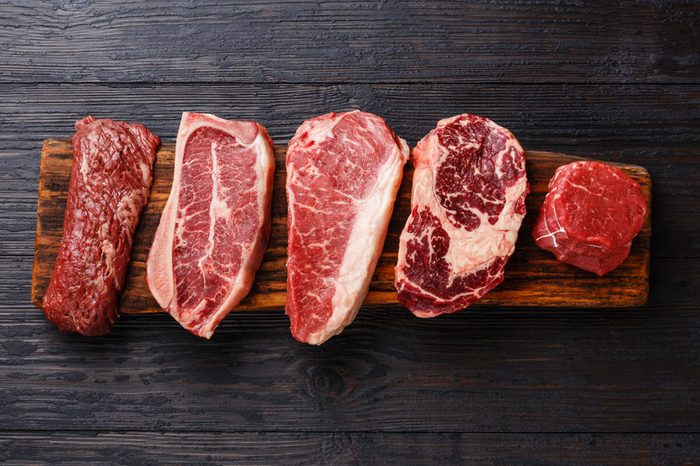 Lisovskaya Natalia/Shutterstock
Lisovskaya Natalia/Shutterstock
Red meat
Along with being just as dangerous as washing chicken, in terms of spreading bacteria, you're actually adding moisture to the meat when you wash it. "The added moisture during washing will create steam that will also affect taste," Sieden warns. So if you're looking for that perfect sear, keep the water away. If you just can't kick the habit of washing that rib-eye, pat it down with a paper towel before cooking to get rid of excess moisture, and always sanitize your sink and nearby surfaces afterward. If you're planning on marinating meat, as the USDA advises, keep it in the fridge and always take care to prevent cross-contamination from the liquid that the meat was in. Don't forget the foods that are most likely to cause food poisoning.
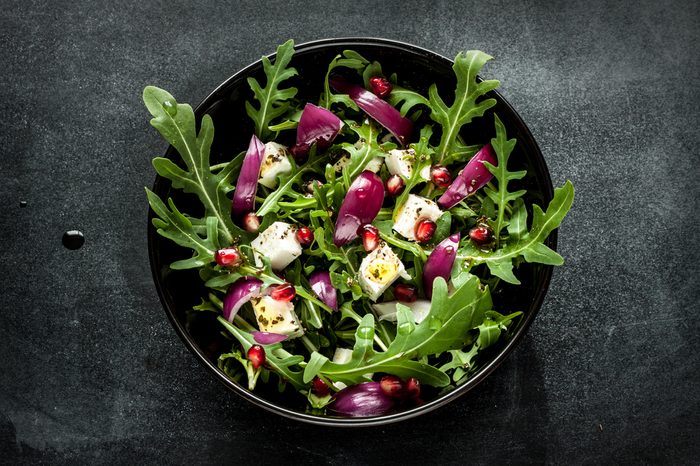 Pinkyone/Shutterstock
Pinkyone/Shutterstock
Prewashed produce and salads
If it's marked on the package as prewashed or triple-washed, there's simply no need to wash it over again. Save your water and your time! Additionally, more time spent being prepared next to other foods or on surfaces where other foods have been increases the risk of cross-contamination, so bypass the sink and throw them right in your salad or oven. These are the foods that food safety experts would never eat.
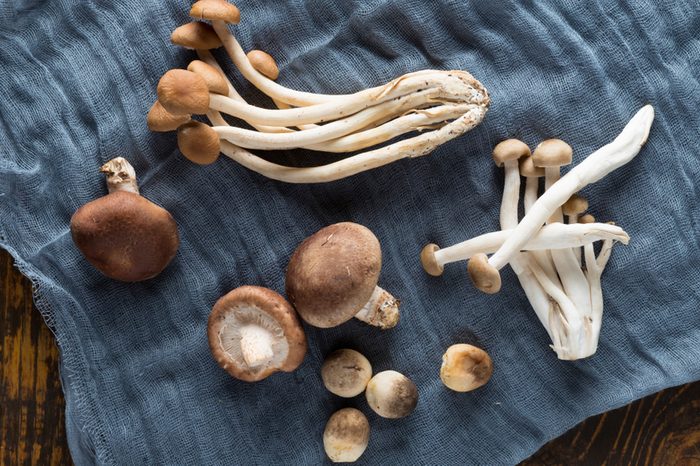 chinasong/Shutterstock
chinasong/Shutterstock
Mushrooms
Like meat, mushrooms can actually be changed in terms of taste and consistency if they are in contact with water for too long, according to Bon Appetit. It doesn't make them dangerous, unless the surfaces they are being cleaned in or near are contaminated, but according to Sieden, "most chefs will tell you that you never soak or wash mushrooms to clean them but wipe them with a damp paper towel since they absorb water like a sponge." Mushrooms are extremely absorbent, so keep them from becoming soggy and rubbery in your dish by using a light hand in washing them, as Sieden advises.
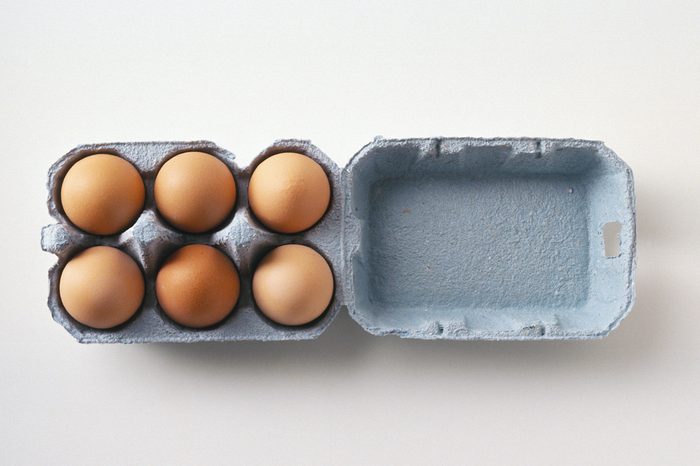 Photick/Shutterstock
Photick/Shutterstock
Eggs
While it isn't too common, some people might consider washing their eggs before using them. After all, they do come out of chickens, falling onto who knows what floor or surface. But you shouldn't worry; in the United States, standards for cleaning eggs are very high. All commercially sold eggs are cleaned with soap and hot water, and so the shells are, for the most part, perfectly clean. The USDA says that the natural protective coating that is removed from the egg in this process is replaced with a light coating of mineral oil, which protects the egg. You should still always make sure to cook the eggs until the yolks are firm to prevent food poisoning from salmonella or other bacteria that could be inside the shell. New to the kitchen? These secret ingredients will level up your leftovers.
 JIMMOYHT/Shutterstock
JIMMOYHT/Shutterstock
Pasta
Pasta will rarely ever make you sick, but there's another reason it should never be rinsed. Many people rinse their pastaafter cooking it, which is a big mistake if you want to have the best possible dish. Rinsing the pasta only serves to rinse the starches off of it, making it more difficult for sauces to stick to. Grains like rice or quinoa, however, should always be washed with water only before you start cooking them, to get the right taste and consistency. Make sure to avoid these cooking mistakes that can actually make your food toxic.
Originally Published: February 07, 2019
Sign up for articles sent right to your inbox
Enjoy the best stories, advice & jokes delivered right to your inbox!

Subscribe & SAVE Save Up To 84%!
How To Wash Rice Before Cooking
Source: https://www.rd.com/list/foods-to-never-wash-before-cooking/
Posted by: boyeriveresel.blogspot.com

0 Response to "How To Wash Rice Before Cooking"
Post a Comment